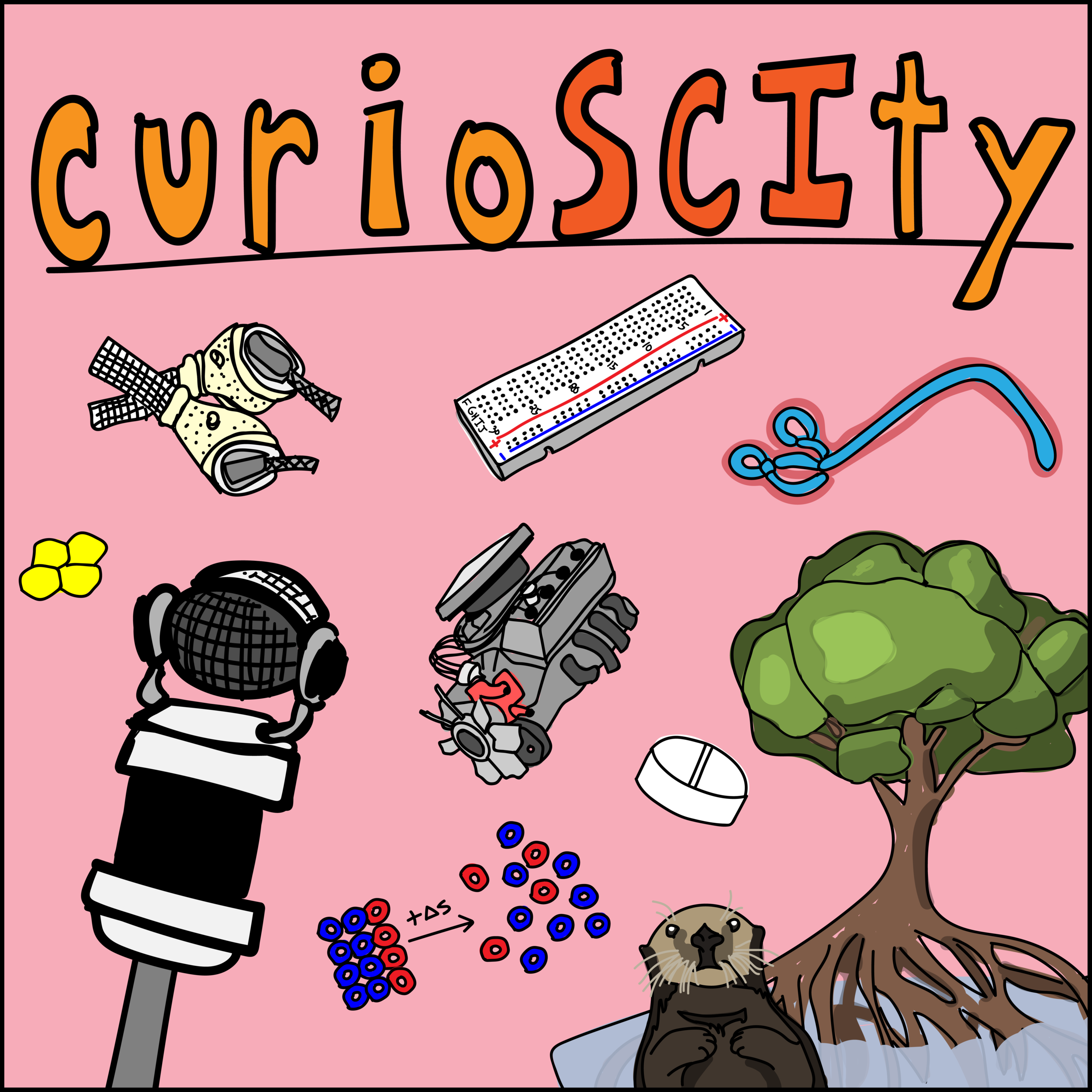71 - Genome Size (w/ Mike Itgen!)
71. Genome Size
Everyone listening has a unique combination of nucleic acids that make up their genome: a blueprint of you. We humans have over 3 billion nucleotides of DNA, but how does this vary for other organisms? Are there benefits or consequences to these differences? Let’s learn to be scientifically conversational.
General Learning Concepts
1) Discussion questions:
a. What is a gene? What is a genome?
b. Do all organisms have the same genome or sized genome? Are there “advantages” to having a larger genome?
c. What are the consequences of having a larger genome on cell morphology? How do salamanders fit into this? What about human red blood cells? What about salamander red blood cells? Are there other examples of this? Do plant’s large genome sizes play into their cell size, or is it different for non-vertebrates / animals?
d. Why would one want to study the effects of genome size? Is there an aspect that plays into human biology / translational medicine?


